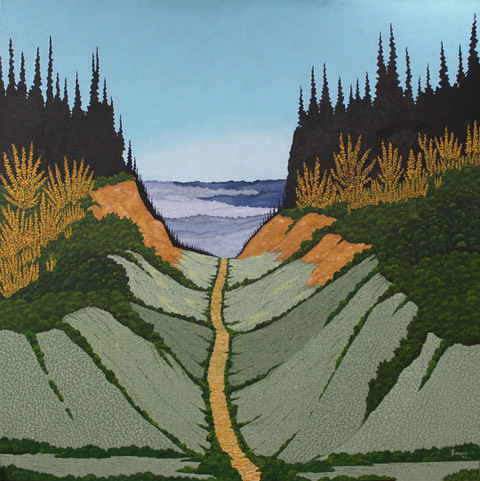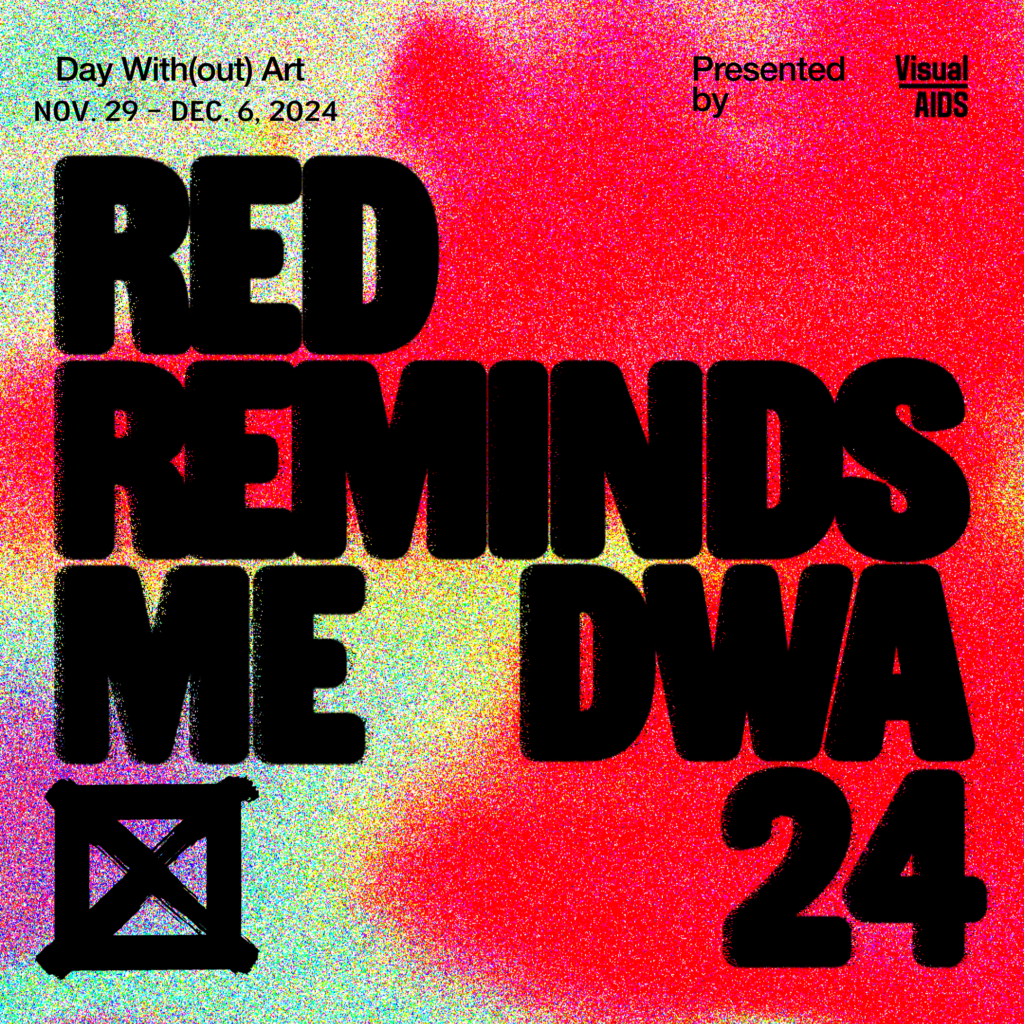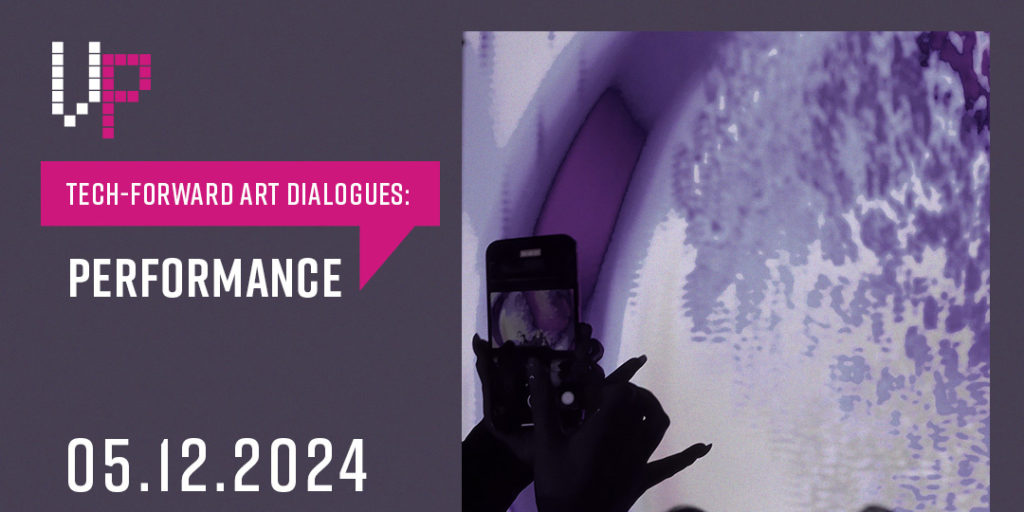
- This event has passed.
‘A Place of Memory: Contexts of Existence’, curated by Irene Campolmi
May 10 - July 13
Free
A Place of Memory: Contexts of Existence is an exhibition that reflects on what a context is, what it means, and how it creates the conditions for artists to manifest new views of the world we live in. A context is both a physical, geographically located place and a series of emotional, social, and political events that occur at a specific moment in time. It is a spatial and temporal coordinate in the collective memory where an individual’s story merges, for a moment, with history writ large.
The Latin etymology of the word context means to weave together or to weave within. Taking Jean Paul Riopelle’s life contexts as a point of departure, the exhibition looks at travelling as the primary means through which different contexts are connected and memories woven. By blending the memories of where we come from with those of where we go or land, travelling allows us to temporarily experience new ways of living and to hold onto these memories for the future.
Because as humans “we chart our lives by everything we remember, ‘being’ born and [hav]ing our being in a place of memory,” as the African American author bell hooks wrote in her book Belonging, weaving memories is essential to creating context. For centuries, artists have been among the most mobile subjects in societies, able to travel the globe and cross-pollinate various cultural contexts with thoughts, ideas, and views of the world. Riopelle was one of these artists; like many of his peers, he lived in a Western context between the world wars. Born in Montreal, he lived in Paris, Vétheuil and Saint-Cyr-en-Arthies before returning to Canada to settle in L’Isle-aux-Grues, Quebec. He grew up experiencing the aftermaths of modernism and embraced travelling as a natural way to belong somewhere else. Riopelle was the first known Canadian artist to create a professional network in Europe, something that became pivotal for his career.
Now, it is certainly challenging for an exhibition to add new perspectives on the work of one of Canada’s most renowned artists, but it is not impossible to take inspiration from his life, work, and reflections to engage in new journeys. To honour the centenary of Riopelle’s birth, the Musée d’art de Joliette, with the support of the Audain Foundation and the Jean Paul Riopelle Foundation, celebrates the legacy of one of the most influential artists of the twentieth century, whose work and life have had an impact both locally and internationally. Taking a step forward from modernism and from mobility as being directly connected to the modernist ideas of progress, evolution, and growth, the show explores what moving across different contexts means for an artist today. In our globalized world, awash in feminism, queerness, postcolonialism, the aftermath of Arab Springs, Black Lives Matter, and the pandemic, mobility is a necessity, rather than just a trend.
A Place of Memory: Contexts of Existence reflects on how a context – a place defined by specific geopolitical, social, and temporal factors – can shape an artist’s work and practice. Whereas travelling, living abroad, and being mobile were unconventional practices for early-twentieth-century artists, by the twenty-first century living in two countries seems a sine qua non for any artist who wants to build a career. Rather than comparing how views on artists’ mobility have differed in the twentieth and twenty-first centuries, the exhibition holds a mirror up to the present and introduces what modernist art history has overlooked for decades: the voices of female and nonbinary artists. Looking into their experience, the show takes us across the many contexts that they come from, pass through, and inhabit.
The participating contemporary artists – Jane Jin Kaisen, Linda Lamignan, Dala Nasser, Silvia Rosi and Samara Sallam – were born, raised in, currently live in, or are emotionally attached to non-Western–influenced geographies. Through their work, travelling is presented at a distance from the Western European experience and given another meaning in relation to moving across contexts, labelled differently – mobility or migration – depending on who is moving.
Mobility is a feature of the twenty-first-century lifestyle and has become almost a form of nomadism that shortens geographical and cultural distances, and that also reflects the generational desire (or anxiety) to not set down roots in any specific context or mentality. Mobile people live and work across different countries and shape hybrid identities for themselves. Migration, instead, is a process marked by detachment, whether physically imposed or chosen, in which the birthplace is missed as if it were a phantom limb.
The exhibition is built around a wall symbolizing a temporal line, which, like a benchmark, divides artworks testifying to modern mobility from those informing us about today’s global migration movements. Using this display device, the show traces an emotional cartography in which the places in the artists’ memories are included in broader history.


